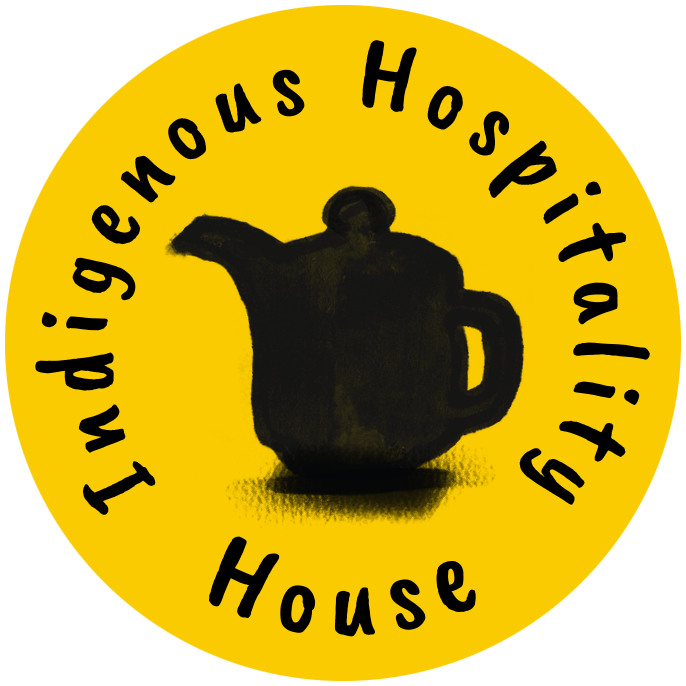Our most recent learning circle was about Quaker spirituality. The early residents at IHH were strongly influenced by Quaker spirituality and practices when the house was set up. In particular, we looked at how these practices can help us to be a prophetic voice within our own culture.
Jane Hope started our learning circle on Quaker spirituality with silence. On a table in the centre there was a vase of daffodils, a Bible and the book Quaker Faith and Practice. It is at the heart of Quaker spirituality that those of the Religious Society of Friends (known derogatorily as Quakers because they often 'quaked' when they rose to speak at a meeting) try to respond to all things out of a deep silence. This is because a core belief is that every person can have direct access to God through silence. This is part of the testimony of truth.
There are four key testimonies that Quakers hold to for personal and public life: the testimonies of peace, equality, simplicity and truth. At the IHH, we have been conscious of the 'peace of the house' which reminds us to be aware of what we are bringing into a space, and how we respond to situations of tension or conflict. In sharing living spaces with guests, we are seeking to relate as people equal in worth and dignity, while recognising that our circumstances are unequal due to the ongoing impacts of colonisation. We have tried to keep our household simple with many items donated - and the fact of living communally means we don't need (and can't fit!) duplicates of items such as ironing boards and fridges and bicycle pumps. And we seek to be open to truth from whatever source it may come, so our residents and volunteers have come from all sorts of backgrounds and faith traditions.
Quakers are also formed by a regular practice of reflecting on queries and advices. Thus, they are likely to ask questions more often than leaping to criticise or make a judgement. It is easy for us to loudly criticise and judge the society around when we see injustice and suffering (and we can also judge ourselves). Our learning circles invite us to sit and reflect contemplatively, and ask questions about ourselves, our culture and what the Spirit might be saying to us.


